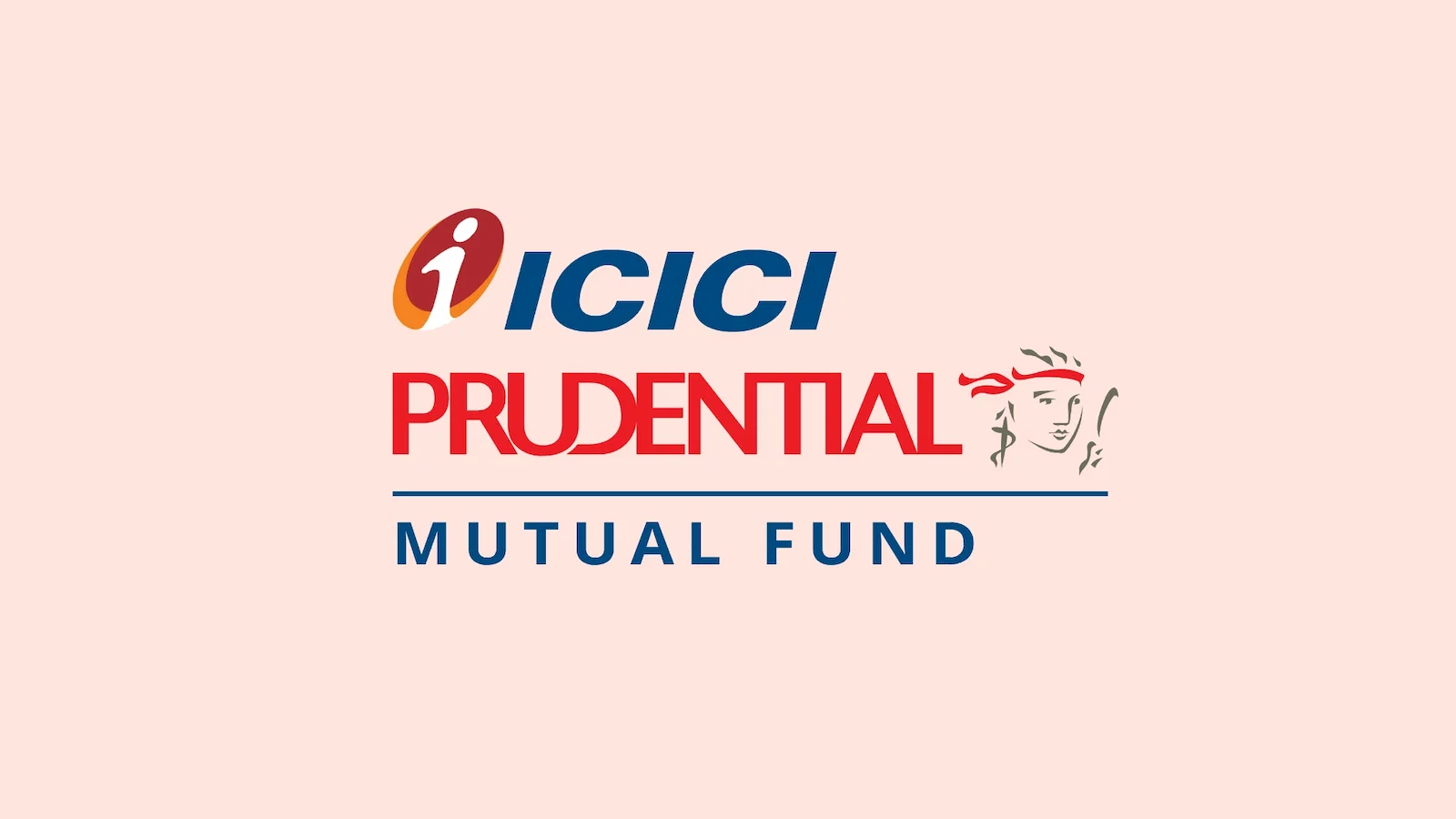
Investing in mutual funds helps grow your wealth. Value investing is that type of investment that allows investors to pick valuable stocks. As a mutual fund investor, value funds play the key role. If you are such an investor who prefers strategy-based investing like value, this article is helpful to you to pick the best value mutual funds.
There are many schemes available that invest in undervalued stocks. That’s why it is important to get the list of top funds that have the historical track record of consistent return. Also, we have measured many data points, such as long-term return, expense ratio, ratings, liquidity, fund managers, and many other factors to make the list of top and best value funds.
Before sharing those funds, it is recommended to learn about “What is actually a value mutual fund.”
Table of Contents
What is a Value Fund?

A Value (Value Oriented) Fund is a type of mutual fund that primarily focuses on investing in stocks believed to be undervalued compared to their true intrinsic value. This investment strategy is rooted in the principle that the market often misprices stocks, leading to opportunities for savvy investors. By purchasing these undervalued stocks, value funds aim to achieve long-term capital appreciation once the market corrects its pricing inefficiencies. In India, these funds typically invest in a diversified portfolio of equities, emphasizing companies with strong fundamentals but low market valuations.
The investment philosophy behind value funds is grounded in fundamental analysis. Fund managers assess various factors such as a company’s earnings potential, balance sheet strength, management quality, and market position to identify stocks that are trading below their true value. This method allows fund managers to select stocks that not only have growth potential but also provide a margin of safety against market fluctuations.
Value investing is often associated with well-established companies that may pay dividends, providing an additional income stream for investors. These funds cater to investors who are willing to adopt a patient investment approach, as the realization of a stock’s true value can take time.
Key Features of Value Funds
- Undervalued Stocks:
- The fund manager identifies stocks that are trading at a lower price than their intrinsic value.
- Such undervaluation can be due to temporary business setbacks, poor market sentiment, or other external factors.
- Long-Term Perspective:
- Value funds require patience as it might take time for undervalued stocks to realize their true worth.
- They are typically suited for long-term investors.
- Focus on Fundamentals:
- Fund managers rely on financial analysis and metrics such as Price-to-Earnings (P/E) ratio, Price-to-Book (P/B) ratio, and dividend yield to identify value stocks.
- Risk Factor:
- While value investing can provide substantial returns, there is a risk that some undervalued stocks may remain undervalued or fail to recover.
- Diversification:
- These funds often include stocks from various sectors and industries, which helps in spreading risk.
Who Should Invest in Value Funds?
- Investors with a long-term investment horizon.
- Investors ready to take moderate to high risks.
- Those looking to diversify their portfolio with a focus on fundamentally strong but undervalued companies.
Benefits of Value Funds
- Potential for higher returns as undervalued stocks may provide significant gains once their prices correct.
- A disciplined approach to investing with a focus on company fundamentals.
- Diversification across different sectors.
Limitations
- Longer time frames are often required for returns to come about.
- Market conditions may affect the performance of value stocks, especially during bull markets when growth stocks tend to outperform.
The performance of value funds can vary significantly based on market conditions. They may underperform during bull markets when growth stocks dominate investor sentiment. These funds aim for long-term capital appreciation through a disciplined investment process. They are ideal for investors want to build wealth while navigating the complexities of the equity market.
Here are the top 5 value funds:
1. HSBC Value Fund

HSBC Value Fund is that fund that has the potential to give higher return in the long-term. It tends to be more volatile than other funds in that category. For investors expecting higher return while doing value investing, can look further at HSBC Value Fund.
| Duration | CAGR | Absolute Returns |
|---|---|---|
| 1 year | 36.19% | 36.30% |
| 2 years | 35.69% | 84.28% |
| 3 years | 27.76% | 108.70% |
| 5 years | 27.24% | 233.94% |
| 10 years | 18.36% | 440.77% |
| Since inception | 21.44% | 916.71% |
2. JM Value Fund

JM Value Fund is a diversified scheme which aims to provide long term capital growth by investing primarily in a well-diversified portfolio of undervalued securities. This is a good rated fund with a great performance record. It is a low AUM fund that consistently outperformed other schemes in the value fund category.
| Duration | CAGR | Absolute Returns |
|---|---|---|
| 1 year | 36.49% | 36.61% |
| 2 years | 38.73% | 92.62% |
| 3 years | 28.84% | 114.02% |
| 5 years | 26.97% | 230.44% |
| 10 years | 18.78% | 460.28% |
| Since inception | 18.97% | 694.82% |
3. ICICI Prudential Value Discovery Fund

ICICI Prudential Value Discovery Fund is a top equity value fund that has the strongest historical track record. The fund has continuously given consistent returns over a decade.
| Duration | CAGR | Absolute Returns |
|---|---|---|
| 1 year | 29.71% | 29.80% |
| 2 years | 27.16% | 61.80% |
| 3 years | 24.62% | 93.87% |
| 5 years | 26.99% | 230.69% |
| 10 years | 16.32% | 354.09% |
| Since inception | 19.74% | 758.74% |
4. Quant Value Fund

Quant Value Fund is another fund with potential for giving higher return with extended volatility. It has a lower expense ratio in comparison to any other value funds mentioned here.
| Duration | CAGR | Absolute Returns |
|---|---|---|
| 1 year | 40.29% | 40.42% |
| 2 years | 34.31% | 80.54% |
| 3 years | 30.00% | 119.84% |
| Since inception | 29.63% | 118.90% |
5. UTI Nifty 500 Value 50 Index Fund

From its name, you may already know that this is an index fund that tracks Nifty 500 Value 50 index. UTI Nifty 500 Value 50 Index Fund is for those investors who want to invest through value investing strategy with a passive fund. It means less expense ratio and no exit load while continuing to grow your money.
| Duration | CAGR | Absolute Returns |
|---|---|---|
| 1 year | 39.18% | 39.43% |
| Since inception | 55.49% | 101.42% |
FAQs
What is the difference between growth fund and value fund?

Growth and value are two fundamental approaches, or styles, in mutual fund investing. Growth funds look for companies that offer strong earnings growth while value funds look for stocks that appear to be undervalued in the marketplace. These funds focus on investing in companies that are expected to exhibit above-average growth potential, often in sectors like technology and renewable energy.
In contrast, value funds target established companies that are currently undervalued in the market, based on their fundamentals, such as earnings and assets. These funds aim to buy stocks at a discount, often providing dividends and exhibiting comparatively lower volatility.
While growth funds aim for aggressive capital gains, value funds prioritize stability and long-term appreciation by capitalizing on market corrections where undervalued stocks are expected to rebound.
What is value and contra fund?
Value funds focus on identifying and investing in undervalued stocks—companies trading at a discount to their intrinsic value due to market inefficiencies. The aim is to generate long-term returns as the market corrects these inefficiencies, revealing the stocks’ true worth. On the other hand, Contra funds adopt a contrarian approach by investing in fundamentally strong companies that are currently out of favor or underperforming due to temporary challenges or market sentiment.
In the Indian market, SEBI classifies both under the same category, limiting fund houses to offer either a value or a contra fund but not both. Suppose SBI launched their SBI Contra Fund, now they can’t launch a fund with the name SBI Value Fund. Nippon India already has their Nippon India Value Fund, so they can’t launch a fund named Nippon India Contra Fund.
Is SBI contra fund a value fund?

SBI Contra Fund is not classified as a value fund but shares some similarities with value investing. It follows a contrarian investment strategy, focusing on stocks or sectors currently out of market favor but believed to have strong long-term potential. The fund identifies undervalued opportunities based on intrinsic value and future growth prospects, often investing in neglected stocks that may experience short-term challenges but are expected to recover as market cycles change.
On the other hand, Value funds explicitly target stocks that are trading below their intrinsic value due to broader market inefficiencies. While both approaches aim to capitalize on undervaluation, value funds generally focus on current fundamentals, whereas contra funds include contrarian bets that may take longer to materialize.
Is value fund a good investment?
A value fund can be a good investment for those with a long-term horizon and a moderate to high-risk appetite. They are well-suited for patient investors who can withstand market volatility and believe in disciplined, research-driven investing.
Are value index funds good?
Yes, value index funds are generally good for cost-conscious investors because they typically have lower expense ratios. They aim to replicate the performance of a value-focused index rather than relying on active stock selection. This cost efficiency can lead to better net returns over the long term, especially in the absence of significant outperformance by active management.
Additionally, value index funds provide greater diversification, as they invest in a broad basket of undervalued stocks defined by the index, reducing the risk associated with concentrated bets.
Nifty 500 Value 50 vs Nifty 50 Value 20, which is better?
It depends on your investment horizon and risk tolerance. If you are investing for short-term Nifty 50 Value 20 index funds may be a good choice. On the other hand, if you are investing for the long-term and expect higher return, the Nifty 500 Value 50 index fund is a good choice.
Nifty 50 Value 20 mainly includes large-cap companies’ stocks, which reduce the risk, and volatility. Nifty 500 Value 50 index fund includes large, mid-cap, small-sized companies. It means Nifty 50 Value 20 investors’ money will be invested in 20 stocks from the top 50 companies, while Nifty 500 Value 50 investors’ money will be invested in 50 companies from the Nifty 500.
What are your views about value investing? Is that a profitable strategy? We have also published other articles on Momentum and Alpha strategy funds.
Like this article? Get our weekly newsletter
Free newsletter with the best mutual fund stories every week!
Leave a Reply
You must be logged in to post a comment.